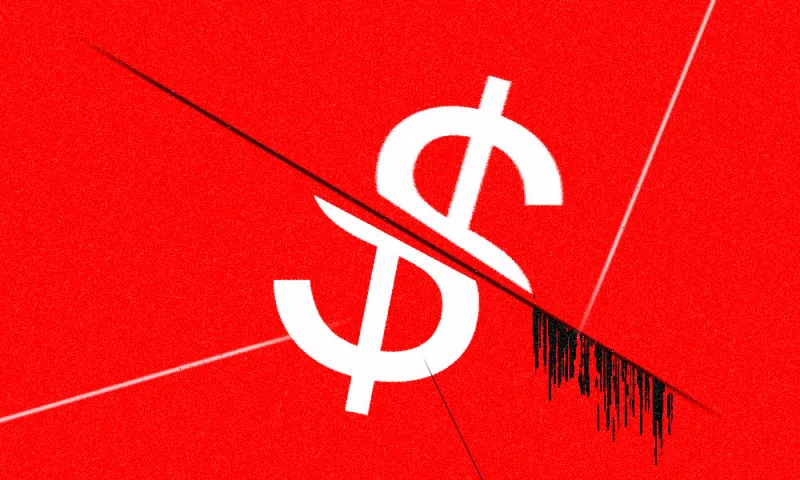Is resistance futile?
Low costs are proving hard to resist for mutual fund investors — and efforts by asset managers to combat this trend have largely been inadequate, suggests a new report by Cerulli Associates, a Boston-based research and consulting firm.
The collective market share of the top-10 active managers rose 7.3 percentage points from the second quarter of 2015 through the second quarter of 2020. This shift correlated with positive net flows and lower-cost products.
[Like this article? Subscribe to RIA Intel’s' thrice-weekly newsletter.]
The asset-weighted average management fee of the top-10 market share gatherers is less than 31 basis points, while the bottom 10 is 52.6 basis points, and for all other managers is 57.6 basis points, according to Cerulli. Asset-weighted average management fees overall had fallen to 45 basis points by the end of 2020.
“The largest market share winners, which have gathered the most net flows, all have low-cost products at least relative to their other active peers,” said Brendan Powers, associate director.
To thwart this trend, managers have relied upon short-term solutions with limited success.
Even as most managers (73%) favor providing temporary fee waivers over permanent management fee cuts (32%) to attract and retain assets, the primary forces behind fee compression — lower-cost share classes, demand for lower-cost strategies, and asset manager fee cuts — will likely remain, the report states.
However, Powers said that managers can take steps to offset lower fees by increasing scale, benefiting from market appreciation, and participating in niches insulated from fee compression.
“Ultimately, we expect that the many drivers of fee compression will continue, particularly as more investors seek to use lower-cost mutual fund shares and strategies where they can, while managers will continue to trim fees when possible, to make strategies more competitive — either among their active peers or the indexers.”
Greg Bartalos (@gregorianchance) is editor of New York City-based RIA Intel.
Subscribe to RIA Intel’s thrice-weekly newsletter and follow the publication on Twitter and LinkedIn.






